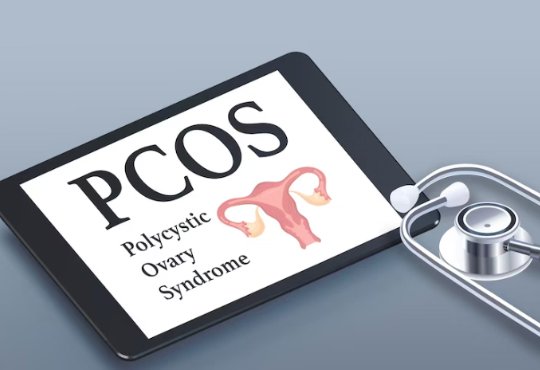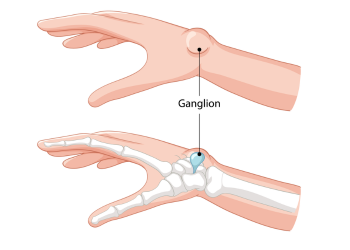PCOS

Polycystic ovary syndrome (PCOS) is a hormonal imbalance that occurs
when your ovaries create
excess hormones. If you have PCOS, your ovaries produce unusually high levels
of hormones called androgens.
This causes your reproductive hormones to become imbalanced. As a result,
people with PCOS often have irregular menstrual cycles,
missed periods, and unpredictable ovulation. However, despite the name
"polycystic," you don’t need to have cysts on
your ovaries to have PCOS. The ovarian cysts aren’t dangerous or painful.
Polycystic
ovary syndrome (PCOS) is a problem with hormones that happens during the
reproductive years.
With PCOS,
many small sacs of fluid develop along the outer edge of the ovary. These are
called cysts. The small fluid-filled cysts contain immature eggs. These are
called follicles. The follicles fail to regularly release eggs.
SYMPTOMS
- Irregular
periods. Having few menstrual periods or periods that aren't regular are
common signs of PCOS. So is having periods that last for many days or
longer than is typical for a period.
- Too much
androgen. High levels of the hormone androgen may result in excess facial
and body hair. This is called hirsutism. Sometimes, severe acne and
male-pattern baldness can happen, too.
- Polycystic
ovaries. Your ovaries might be bigger. Many follicles containing immature
eggs may develop around the edge of the ovary.
- PCOS signs
and symptoms are typically more severe in people with obesity.
CAUSES
- Insulin
resistance: Sign of insulin resistance is dark, velvety patches of skin on the
lower part of the neck, armpits, groin, or under the breasts. A bigger appetite
and weight gain may be other signs.
- Low-grade
inflammation.
- Heredity.
- Excess
androgen
COMPLICATIONS
- Infertility
- Gestational
diabetes or pregnancy-induced high blood pressure
- Miscarriage
or premature birth
- Non-alcoholic
steatohepatitis — a severe liver inflammation caused by fat buildup in the liver
- Metabolic
syndrome
- Type 2
diabetes or prediabetes
- Sleep apnea
- Depression,
anxiety and eating disorders
- Cancer of the uterine lining (endometrial cancer)
- Obesity
commonly occurs with PCOS and can worsen complications of the
disorder.





